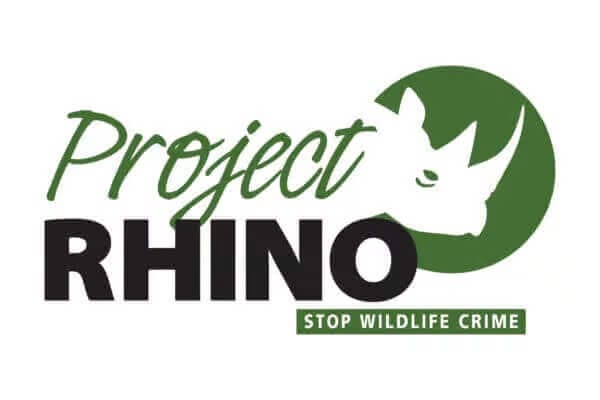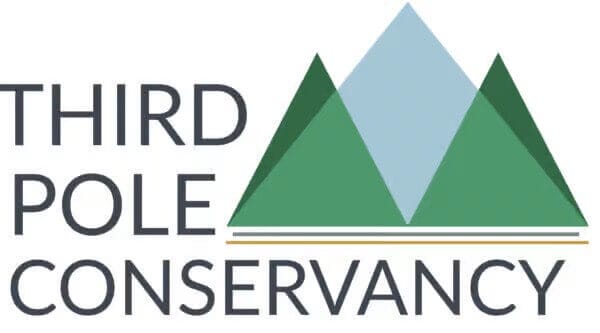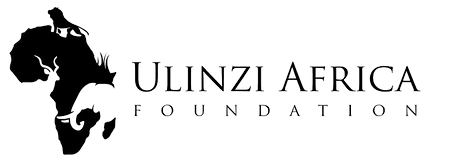BENEFICIARIES
Empowering Rangers and Local Communities to Conserve Nature.
Game Rangers International (GRI), Zambia, is a non-profit organization established in 2008. GRI works in close partnership with the Department of National Parks and Wildlife (DNPW) and Wildlife Veterinary Unit. GRI embraces a holistic approach to conservation with three core thematic areas. Resource Protection, Community Outreach, and Wildlife Rescue. In 2007, GRI’s efforts began with the establishment of the GRI Elephant Orphanage Project. Over the years the project has grown to support a number of additional species. The elephant orphanage remains GRI’s primary project with an elephant nursery in Lusaka and a release facility in the Kafue National Park; here the orphans are gradually reintegrated back into the wild.
Rescued Baby Elephant “Wamwayi”
Protecting Endangered Wildlife, Preserving Ecosystems.
WildlifeNow, Tony Fitzjohn George Adamson African Wildlife Preservation Trust is one of the foremost authorities on African wildlife conservation. For almost fifty years in the field the Kora Project (Kenya) and Mkomasi Project (Tanzania) have worked to re-establish ecosystems, protect endangered African wildlife and develop partnerships with local villages. The Kora National Park owes its existence in large part to George Adamson who lived there for over 20 years and who was joined there for 18 years by Tony Fitzjohn. Together they famously rehabilitated lions and leopards back to the wild. After Adamson’s death at the hands of Somali poachers in Kora in 1989, the park deteriorated. Recently Kenya Wildlife Services (KWS) has been active in revitalizing Kora.
Bred for the Bullet.
Blood Lions is an organization based out of South Africa, their ongoing political campaign is to put a stop to the commercial captive predator breeding industry. This industry does not support conservation of lions in the wild. Currently, anywhere between 8,000 and 10,000 predators, possibly more, are being held in small enclosures on 300+ captive predator facilities across South Africa. There is growing scientific evidence to suggest that the captive lion breeding industry in South Africa poses a real and serious health risk, to thousands of tourists, industry workers and local communities from Zoonotic diseases. Blood Lion’s latest campaign is #CancelCaptivity with the ultimate goal to bring an end to the commercial captive breeding and keeping of lions and other predators in South Africa.
Monitoring, Protecting and Conserving Together.
Project Rhino is motivated by the dream of the rhino species thriving in KwaZulu-Natal and far beyond, forever free, and protected from poaching. Today, they strive to protect the world’s last remaining African rhino species so that tomorrow they will still continue to play their vital role in our continent’s irreplaceable ecosystems, and contribute to our fundamental reliance on the natural environment. Project Rhino was launched on World Rhino Day, 22 September 2011. It is a rhino focused association that brings together a provincial government conservation body, private and community-owned reserves, conservationists, and anti-poaching security specialists with the common goal of fighting crime. Project Rhino initiatives range from urgent anti-poaching and wildlife crime interventions, to a long-term outlook focused on developing empowered communities who own, manage, and protect the Conservation Economy.
Biodiversity conservation in Nepal's Trans-Himalaya.
Third Pole Conservancy (TPC) envision a future where citizens and scientists work together to conserve wildlife and to protect their habitats. The Snow Leopard, Panthera Unica is assessed as vulnerable in the IUCN Red List of threatened species. The Snow Leopard is also categorized endangered and is on the National Red List of Nepal and legally protected under the Government of Nepal’s National Park and Wildlife Conservation Act of 1973. Despite Nepal’s continuous conservation effort, its long-term viability is threatened by human-snow leopard conflict over livestock depredation, retaliatory killings, prey base decline, habitat fragmentation, climate change and human induced disturbances. TPC’s operations are focused in the Annapura and Karnali regions focused on monitoring the Snow Leopards, their prey status, habitat monitoring, human-snowleopard conflict assessment and mitigation support, capacity building training and educating local communities as well as developing micro-enterprise income generation initiatives.
Human-Wildlife Co-Existence.
Ulinzi Africa Foundation was founded in 2014 by Raabia Hawa, a well known Kenyan media personality turned conservationist. Raabia’s passion for wildlife shone through during what she termed, the ‘dark years’. Between 2011- 2015, ivory poaching was rampant in the East African region. With Tanzania losing on average 30 elephants every day, and Kenya’s mortality standing at an average of 8-10 elephants poached per day; the situation was dire. Working primarily in Kenya’s Tana Delta ecosystem, Ulinzi’s projects focus on anti-poaching, safeguarding critical habitats, engaging with local communities to sensitize them on the importance of wildlife and environmental preservation; and ensuring rangers all across Kenya are better equipped and trained in critical life-saving first aid and field communication and tracking skills. They also respond to any reports of injured or trapped wildlife in urban areas as well as rural zones.
Tikki Hywood Foundation operates as a 24 hour wildlife rescue centre.
The Tikki Hywood Foundation is a non-profit, wildlife orientated organisation. It strives to bring recognition, awareness and sustainable conservation action to lesser known endangered species, such as the highly endangered Pangolin. With an expansive view on welfare, policy and legislation for wildlife, we engage with appropriate authorities to effect proactive change for the improved preservation of fauna and flora. Finally, we work towards sustainable and holistic management of ecosystems and their wild resource, to realise our mission statement.
Protect and increase the range and numbers of painted dogs.
PDC evolved out of pure scientific research being conducted in Hwange National Park in the mid 1990s. It soon became apparent that vast majority of painted dog deaths outside of Hwange National Park were found to be due to human causes—snares, traffic accidents, shootings—led by a general ignorance and prejudice towards the species. This cemented our core approach to helping painted dogs, which remains the same today: to identify the critical issues and find a way to make a significant and lasting contribution to painted dog conservation, conservation of nature, and the lives of the local community with a special emphasis on the individual.









